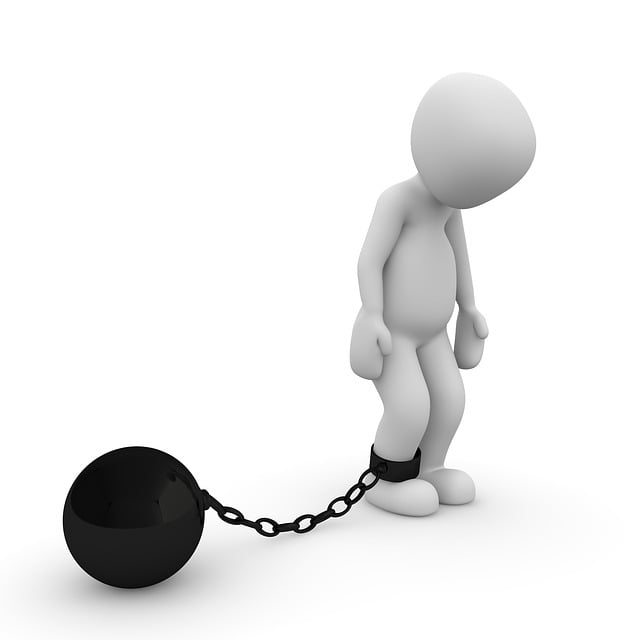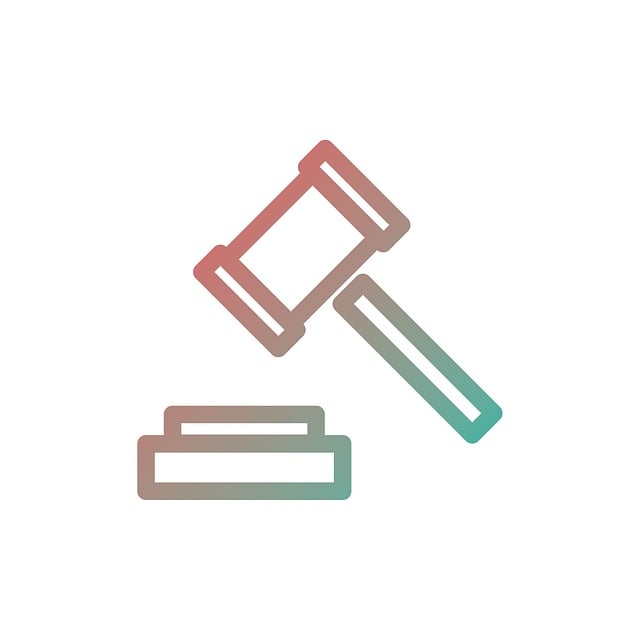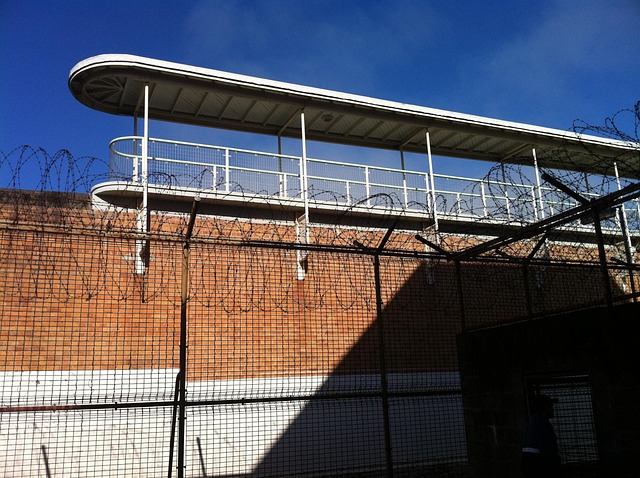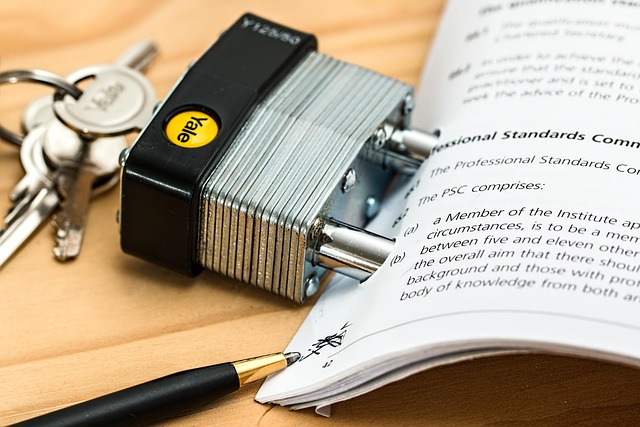Youth Justice focuses on fair treatment for under-18s, considering age-related differences in legal cases, especially Corporate DUI Awareness Workshops. These workshops educate young adults about DUI, reduce fatalities, and promote responsible behavior by employing interactive methods. Enhancing such initiatives with corporate partnership addresses systemic biases, fosters accountability, and reforms juvenile justice through restorative practices like mediation and community service.
Youth Justice Fair Treatment is a vital aspect of building equitable and resilient communities. This article explores key components of ensuring justice for young people, focusing on understanding fundamental fair treatment principles in youth justice systems. We delve into the role of corporate responsibility, specifically highlighting the impact of DUI Awareness Workshops aimed at preventing underage drinking and driving. Additionally, effective strategies for reforming juvenile justice are presented to foster a more just and inclusive system.
- Understanding Youth Justice: Fair Treatment Principles
- Corporate Responsibility: DUI Awareness Workshops
- Strategies for Equitable Juvenile Justice Reform
Understanding Youth Justice: Fair Treatment Principles

Youth Justice, at its core, revolves around ensuring fair treatment for individuals under the age of 18 who come into contact with the legal system. This includes understanding and adhering to principles that promote equity, fairness, and respect for young people’s unique needs and circumstances. These principles are especially crucial in cases involving Corporate DUI Awareness Workshops, where youth may be vulnerable to misunderstandings or unfair treatment due to their age and potential lack of experience.
The foundation of fair treatment lies in recognizing the developmental differences between adults and youth. This involves considering the impact of stress, peer influence, and limited decision-making capabilities on a young person’s behavior. By taking these factors into account, justice systems can create responses that are more restorative and less punitive, fostering environments that promote healing and positive growth for all involved.
Corporate Responsibility: DUI Awareness Workshops

In today’s digital era, youth justice emphasizes fair treatment and holds corporations accountable for their actions. One significant way businesses can contribute is through proactive initiatives like Corporate DUI Awareness Workshops. These workshops play a pivotal role in educating young adults about the consequences of driving under the influence (DUI), fostering responsible decision-making, and potentially saving lives.
By integrating interactive sessions and real-life scenarios, these workshops create an engaging learning environment. Corporate sponsors can collaborate with local authorities or non-profit organizations to ensure comprehensive coverage of DUI laws, risk factors, and alternative transportation options. Such initiatives not only empower youth but also reflect a commitment to community well-being and responsible corporate citizenship.
Strategies for Equitable Juvenile Justice Reform

To achieve equitable juvenile justice reform, several strategic approaches can be implemented. One key strategy involves enhancing Corporate DUI Awareness Workshops. These workshops play a vital role in educating businesses and their employees about the impact of drunk driving, particularly its effects on young people. By fostering a culture of responsibility and accountability within corporate settings, these workshops contribute to reducing DUI-related incidents involving minors.
Additionally, reform efforts should focus on diversifying the youth justice system to ensure fairness. This includes addressing systemic biases and implementing evidence-based practices that consider individual circumstances. Restorative justice approaches, such as mediation and community service, can help in rehabilitating young offenders while promoting understanding and healing within affected communities.
In conclusion, achieving fair treatment in youth justice necessitates a comprehensive approach that intertwines educational initiatives with systemic reform. As highlighted, understanding the core principles of fairness is pivotal, and corporate entities can play a significant role through responsible actions like hosting DUI awareness workshops. By implementing these strategies, we can work towards an equitable juvenile justice system that not only rehabilitates but also ensures every young person receives just treatment, fostering a safer and more supportive society for all.






